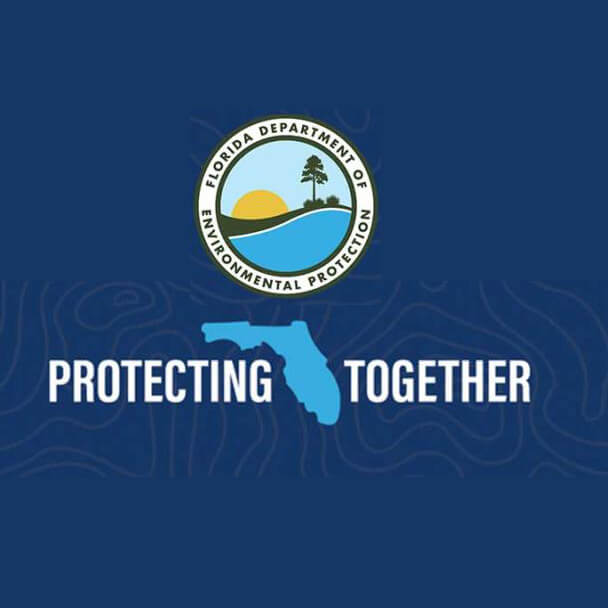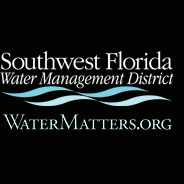Resilience in Water Management: Florida's Response to City Contamination
Water management is a critical aspect of Florida's environmental policy, particularly in the face of challenges posed by city water contamination. This article explores the resilience demonstrated by the state in managing and mitigating contamination issues within its cities, focusing on factual information and the strategies implemented to safeguard water quality.
Integrated Water Management Framework
Florida has established an integrated water management framework to address the complexities of water quality challenges. The Florida Department of Environmental Protection (FDEP) collaborates with various water management districts across the state, implementing comprehensive strategies to monitor and manage water resources effectively. This integrated approach recognizes the interconnectedness of surface water, groundwater, and ecosystems, emphasizing proactive management to prevent contamination issues.
Monitoring and Surveillance Systems
Monitoring is a cornerstone of Florida's water management strategy. The state employs advanced monitoring and surveillance systems to track water quality indicators and detect emerging contaminants. Real-time data collection allows for swift responses to contamination events, enabling authorities to implement corrective measures promptly. This commitment to continuous monitoring enhances the resilience of Florida's water management infrastructure.
Source Control and Best Management Practices
Florida emphasizes source control as a preventive measure to mitigate city water contamination. Best Management Practices (BMPs) are implemented across various sectors, including agriculture, urban development, and industry, to reduce the introduction of pollutants into water bodies. These practices aim to minimize runoff, regulate the use of fertilizers and pesticides, and promote sustainable land development, contributing to the overall resilience of Florida's water management system.
Stormwater Management Innovations
Given the challenges posed by stormwater runoff in urban areas, Florida has prioritized innovative stormwater management solutions. The state invests in green infrastructure, such as permeable pavements and bio-swales, to reduce the impact of urbanization on water quality. By integrating nature-based solutions into urban planning, Florida enhances its resilience against the adverse effects of increased impervious surfaces and the associated runoff.
Regulatory Framework and Enforcement
Florida maintains a robust regulatory framework for water quality management. The FDEP, in collaboration with the EPA, establishes and enforces regulations to control pollutant discharges into water bodies. Regulatory mechanisms include permits, water quality standards, and compliance monitoring. The state's commitment to stringent enforcement contributes to the resilience of its water management efforts, ensuring accountability and adherence to environmental protection measures.
Investment in Infrastructure Upgrades
Recognizing the importance of resilient infrastructure, Florida consistently invests in upgrading and maintaining water treatment facilities and distribution systems. Aging infrastructure poses a risk to water quality, and ongoing investments help address this challenge. Upgrades in wastewater treatment plants and distribution networks contribute to the resilience of Florida's water management infrastructure, ensuring the delivery of safe and clean water to residents.
Community Engagement and Education
Florida's approach to water management extends beyond regulatory measures to include active community engagement and education initiatives. The state encourages public participation in water conservation programs, pollution prevention campaigns, and community-based monitoring efforts. By fostering a sense of shared responsibility, Florida strengthens the resilience of its water management system through informed and empowered communities.
Adaptation to Climate Change
Florida recognizes the impact of climate change on water resources and has integrated adaptive measures into its water management strategies. Sea-level rise, changing precipitation patterns, and increased temperatures can influence water quality. By incorporating climate resilience considerations, Florida ensures its water management practices can adapt to evolving environmental conditions, safeguarding against potential contamination risks associated with climate change.
Conclusion
In conclusion, Florida's response to city water contamination reflects a commitment to resilience in water management. Through an integrated framework, advanced monitoring systems, source control measures, and community engagement, the state addresses the multifaceted challenges posed by contaminants. By continuously adapting to changing conditions and investing in sustainable practices, Florida demonstrates a proactive approach to preserving the quality of its water resources for current and future generations.





